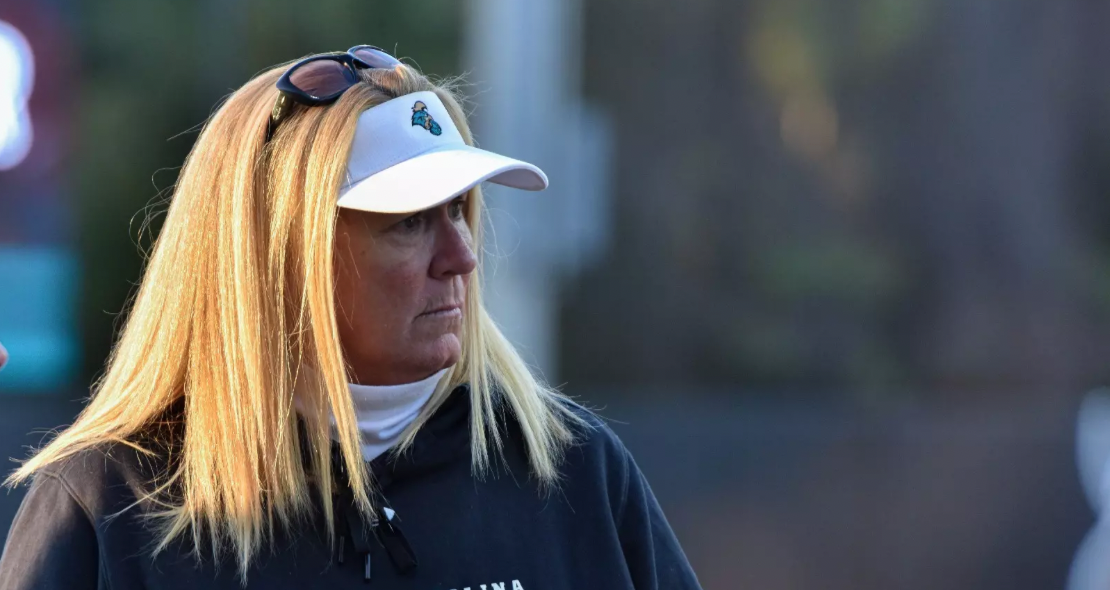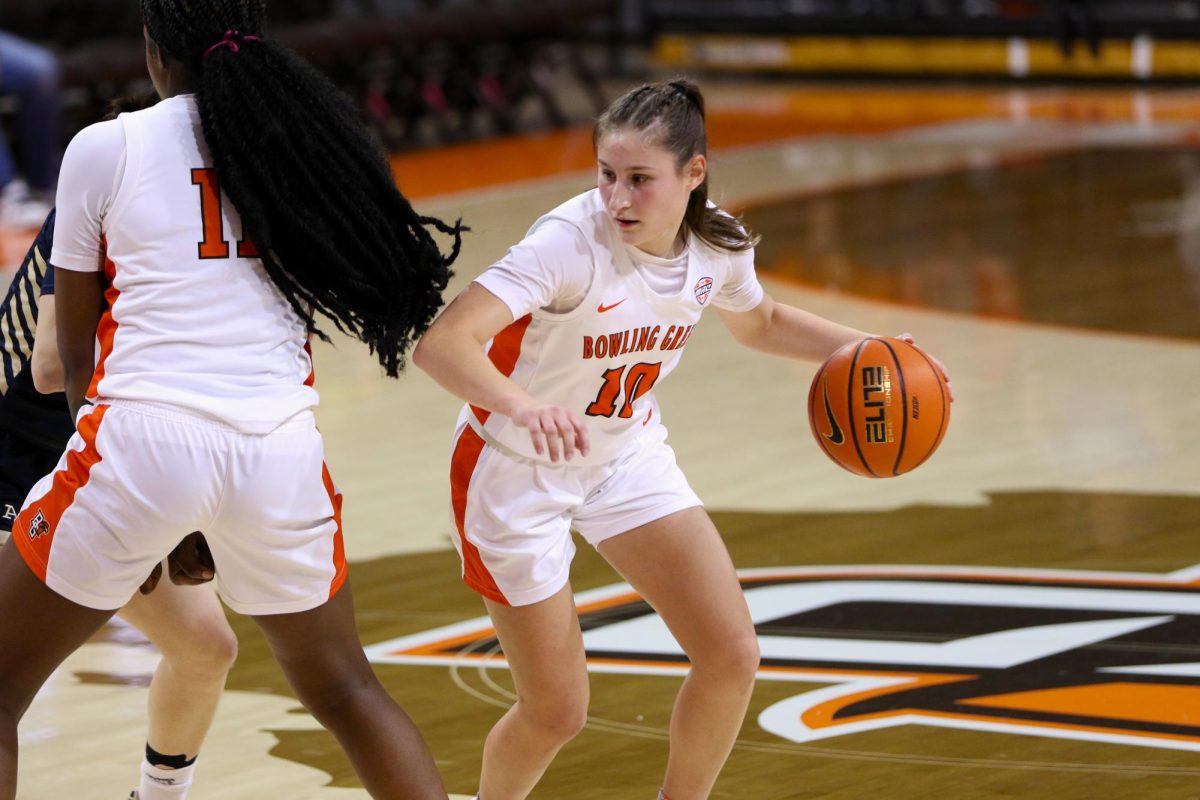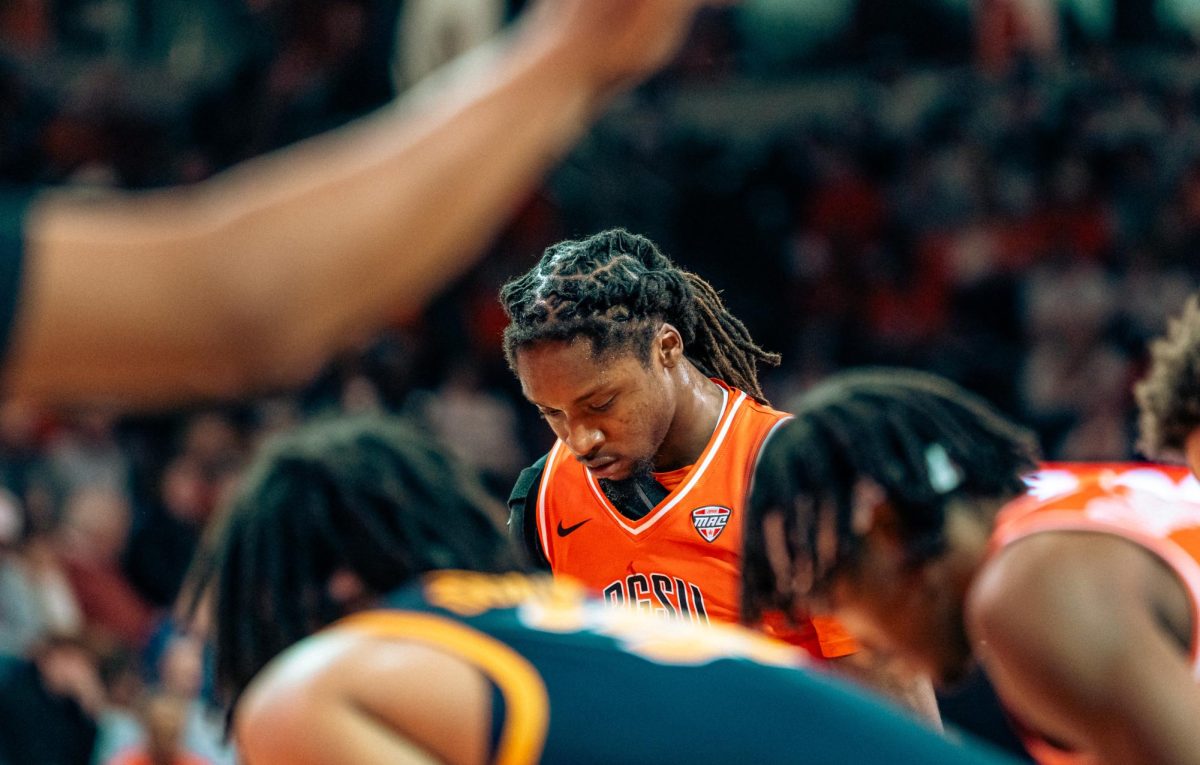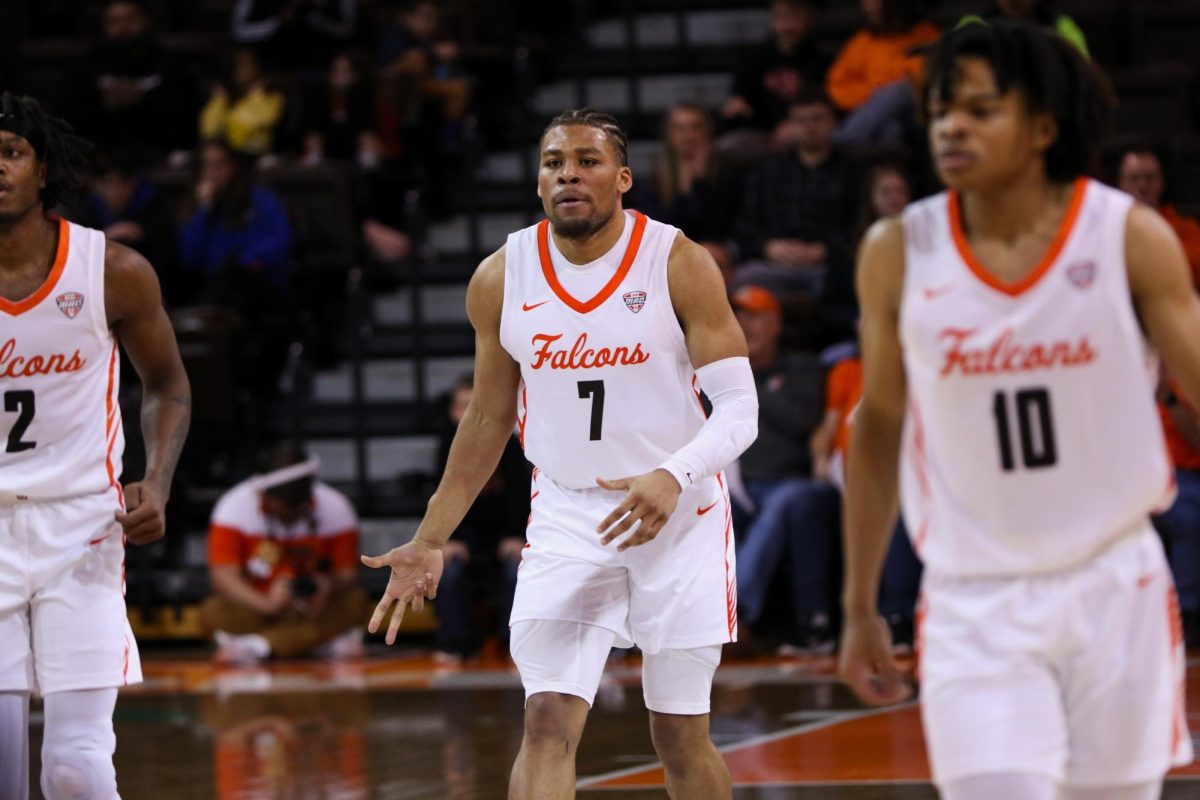You’re watching playoff basketball on a Tuesday night in April. The Indiana Pacers’ Paul George dives on the ground for a loose ball, and two Toronto Raptors follow. One of the them is Kyle Lowry, the team’s All-Star point guard. After a scuffle for the ball, Toronto comes away with it.
However, as the team advances into its offense, you see George aggressively shove Lowry out of the scuffle. A referee immediately intervenes. Lowry walks away with an “it was him” look on his face. George, visibly angry, is complaining to the official. You shake your head at George, who you think is frustrated after not getting the loose ball.
That’s not the whole story. Like almost every non-conclusive play, the refs head to the monitor to take a look. Upon reviewing the footage, you see exactly why George was so upset; when diving for the ball, Lowry clamped his arm over George’s hand and wrist. Lowry landed on the court, rolling to his side before letting go of George. Then, George shoves, and the rest we know.
30 seconds later, the refs assess George with a technical foul. Yes, the player who retaliated after someone attempted to injure him was punished for reacting in a manner deemed unpleasant by League officials.
Perhaps the refs didn’t have the same viewing angle of the replay. The usual “second man gets caught” rule can be applied here as well. However, doesn’t it seem wrong that a player, especially George, who has had one of the most remarkable comeback seasons after a compound fracture in his leg a year and a half ago, was reprimanded for retaliating after another player tried to physically harm him.
The weight of a body, especially Lowry’s at a compact 205 pounds in a six foot tall body, on top of one’s hand and wrist can easily cause a serious injury. The intent was evident, but yet, Lowry was not the one punished.
Lowry’s incident is not the only recent one regarding a lack of or improper punishment. Kevin Durant’s head smack of Dallas’ Justin Anderson also could have caused serious injury. He was ejected from the game, but there was less than a minute remaining. Durant later apologized, but the full swing to the temple area of the head could have been negatively impacted Anderson not only in his basketball career, but also later on his life.
Durant was fined $2000 by the NBA for the incident. Yes, a whole $2000. That is .00009921 percent of his salary; a truly killer fine.
Lowry’s and Durant’s incidents are not the same, but they are similar in that the league either missed altogether or at least mishandled the punishment. If players intentionally attempt to harm or injure a player, as in Lowry’s case, they should be suspended, without pay.
Perhaps Durant’s case was not of malicious intent, so the punishment would be less severe. However, tacking on minuscule fines is practically slapping the players on the wrist. Barely.
So, punishment regulations need to be reevaluated. While some argue that suspensions cannot be implemented because the “best players need to play,” it is imperative to consider this: Should the better players be given immunity? Should they be able to do whatever they please on the court?
The answer is no. If Lebron James were to lock arms with somebody and yank them, causing injury, punish him. If Anthony Bennett, former first-overall draft pick who now finds himself stuck in the D-league, swings maliciously at a player’s head on a “block attempt,” punish him the same way.
Basketball is a great sport, and the NBA Playoffs are one of the most exciting times for basketball fans. Competitiveness is great, but dirty plays aren’t. The NBA should ask Paul George and Justin Anderson; they’ve seen it first hand.





